Panikoorka, also called Plectranthus amboinicus and karpooravalli, is a common treatment for coughs and colds in children in South Indian states. The plant is popular in Kerala because it is known to have many healing properties. People in South India say that if you have kids, you should grow panikoorka at home. Tradition says that the herb is one of the best and most commonly used natural medicines for sick children.
Panikoorka can be taken in various forms, such as a decoction or powder. It is also sometimes added to milk or ghee and taken internally. externally, the leaves are bruised and applied as a poultice on the chest to relieve congestion.
Table of Contents
- Panikoorka has been used for a long time to treat colds and coughs.
- Panikoorka is used to treat fevers, especially those caused by malaria. When someone has a cold, cough, or fever, karpooravalli rasam is often given to them.
- Panikoorka has also been used traditionally to treat skin diseases. It works very quickly to heal boils and cuts.
- Panikoorka is often used to help both babies and infants with chest congestion. When you boil the leaves in water and breathe in the steam, it helps babies with chest congestion. You can also rub the juice on the chest.
- People also use Panikoorka to treat headaches. Applying the juice of the leaves to the front of the head is a common way for people in Tamil Nadu to treat headaches at home.
- Panikoorka can be used to fix hair problems. During the winter, karpooravalli can be added to other ingredients for an oil bath. This helps prevent colds, headaches, and dandruff.
- Panikoorka can also be used to treat hiccups, skin infections, mouth ulcers, asthmatic colic, and upset stomach.
Health benefits of Panikoorka:
-
Complete Package: Panikoorka leaf extract, Panikoorka leaf decoction, and Panikoorka essential oil all have strong antibacterial properties. They have been shown to work against bacteria like Escherichia coli, Salmonella Typhimurium, and others.
-
Antifungal Properties: Both the leaf extract and the essential oil of Panikoorka have antifungal properties, and they stopped fungi from growing by about 60%. They work well against different types of fungus, such as Aspergillus Niger, Aspergillus Ochraceus, Penicillium, and so on.
- Panikoorka has antiviral properties: It has been shown to be effective against HIV, HSV1, and VSV. One amazing thing about Panikoorka is that it can protect a person from getting the deadly HIV virus when it is put on the skin.
-
Helps with breathing problems: In India, coughs, asthma, colds, and sore throats are all things that Panikoorka is often used to treat. We use both the water decoction and the fresh leaf extract, and now we also use the essential oil. This is because it has a lot of thymol and carvacrol, which are both great at making you cough.
- Panikoorka is full of antioxidants: Eating Panikoorka in any form will reduce oxidative stress and boost your immune system. The essential oil also has a lot of antioxidant properties, and it has been shown to be effective against stress caused by lung cancer caused by cell lines
-
Properties that help heal wounds: Panikoorka also has great properties that help heal wounds. In the past, the leaf was crushed into a paste and then put on a wound as a poultice.
-
Anti-inflammatory and pain killing: The anti-inflammatory and painkilling properties of keelanelli are what make it work so well for colds and flu. It helps get rid of headaches, body pain, and inflammation, all of which are common when you have a cold or flu. If you have a fever or cold and are getting better, drinking karpooravalli rasam or soup for a few days will help a lot.
-
For Oral Diseases: Panikoorka can also be used as a mouthwash to prevent many dental problems. This is a less well-known but very effective use of the herb. All we have to do to make mouthwash is boil the leaves in water. The high amount of carvacrol in karpooravalli makes it very good at stopping bacterial infections.
-
For Skin & Hair: Panikoorka treats many skin and hair problems. It helps with hair problems like dandruff and an itchy scalp. To treat dandruff, mix the essential oil with a base oil and apply. When used as a poultice, Panikoorka can help with many skin problems, such as cuts, burns, and allergies.
-
Heals bites from insects and animals: Panikoorka is put on the outside of the body to treat scorpion and centipede bites. When you bruise the leaves and put the juice on your skin, it works as a natural mosquito repellent. You can also bring the leaves with you when you go camping to keep mosquitoes away.
-
Anti-Cancer Properties: Both Panikoorka and Panikoorka essential oil are very good at fighting cancer. Panikoorka leaf extract has been shown to stop breast cancer cells from growing, and Panikoorka essential oil has been shown to stop lung cancer from spreading. Here is where you can read the study that shows it.
-
Good for Diabetic Patients: Panikoorka is a real blessing for diabetic patients because it helps lower high blood sugar levels and treats other problems related to diabetes. One problem with diabetes is that wounds take longer to heal, but Panikoorka extract helps wounds heal much faster. This has been shown in people with diabetic foot ulcers.
-
Treats indigestion: Panikoorka is used to treat digestive problems like indigestion, diarrhoea, and dyspepsia. Another thing about Panikoorka that is both interesting and important is that it has prebiotic properties. Prebiotics help probiotic bacteria grow, which is very important for the health of the gut.
- Panikoorka Helps People with Arthritis: Panikoorka is great for people with arthritis because it helps reduce both pain and swelling. Many people over the age of 60 have arthritis, and some of them have to take painkillers every day because the pain is so bad, even though these drugs have a lot of side effects.
Conclusion:
Panikoorka, a treasured herb in traditional medicine, stands out for its incredible healing properties and diverse health benefits. From boosting immunity and treating respiratory issues to soothing digestive troubles and skin ailments, this plant is a natural remedy for many common health concerns. Its easy availability and simple preparation methods make it a household staple, especially in South India. Incorporating Panikoorka into your daily routine is a step toward harnessing the power of nature to support overall health and wellness. Truly, it is a testament to the age-old wisdom of herbal medicine.


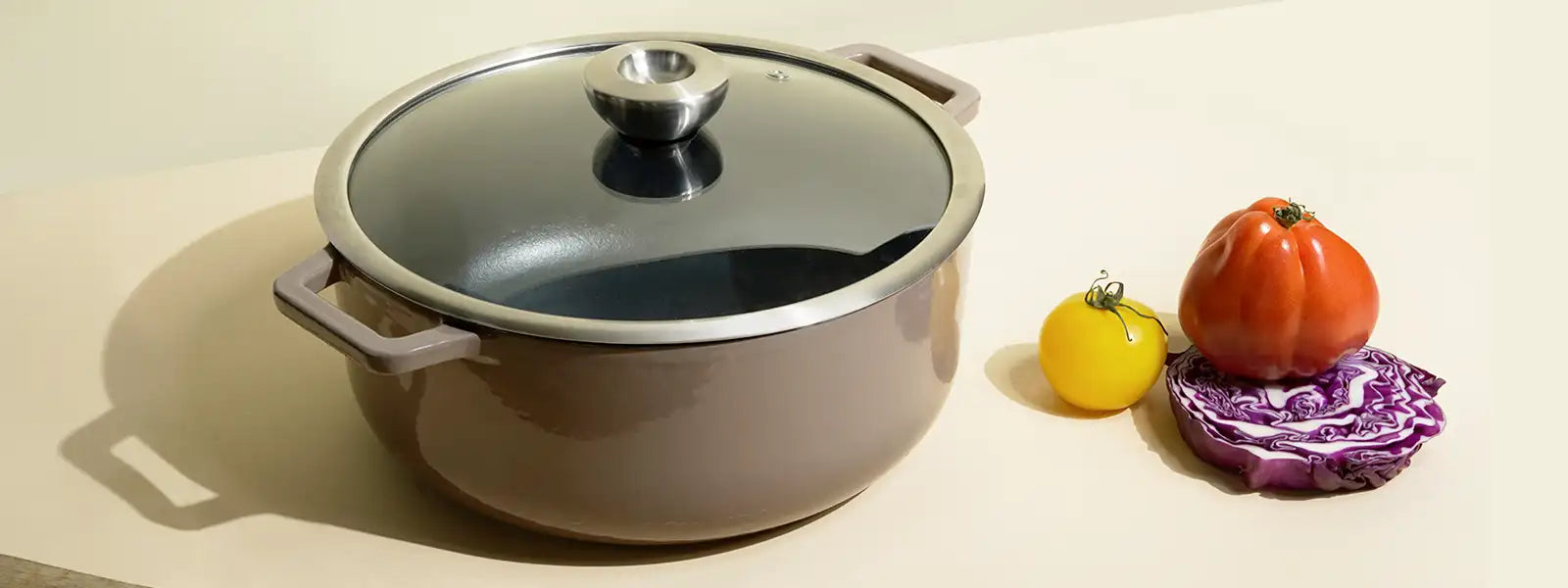
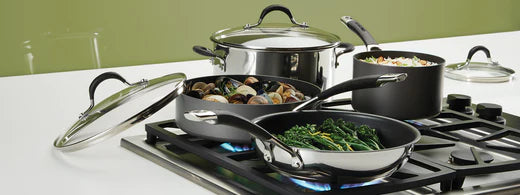
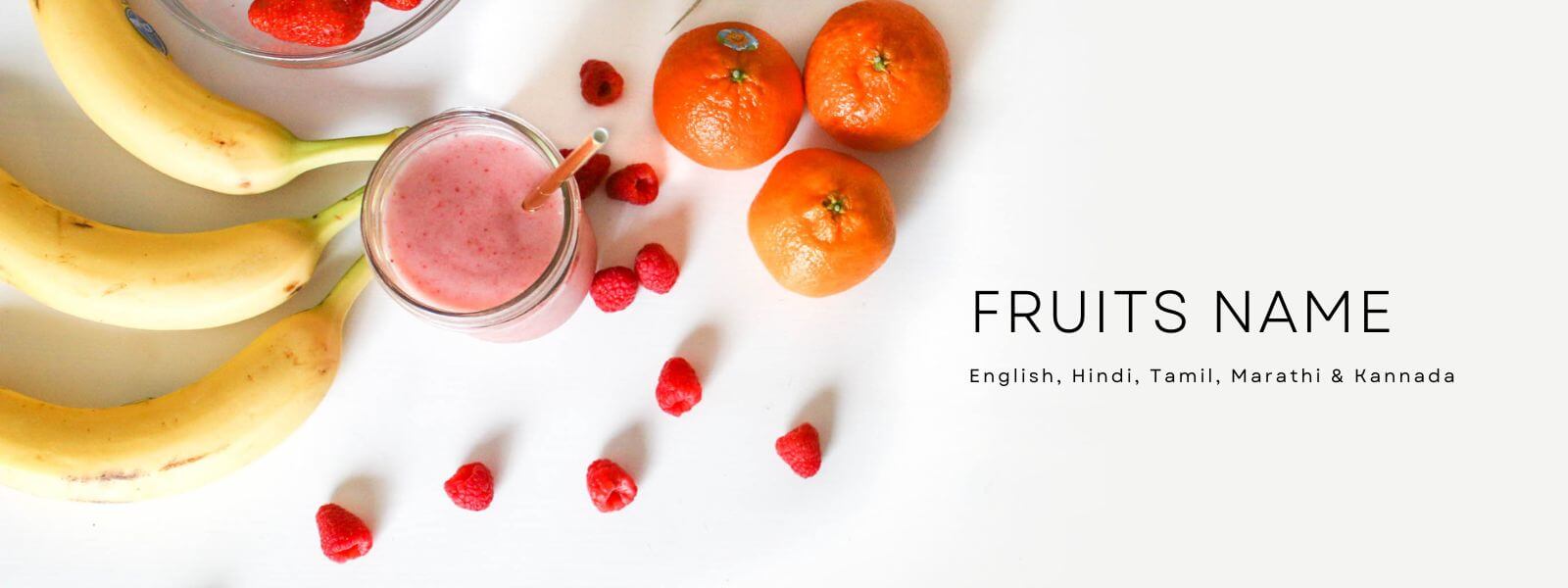
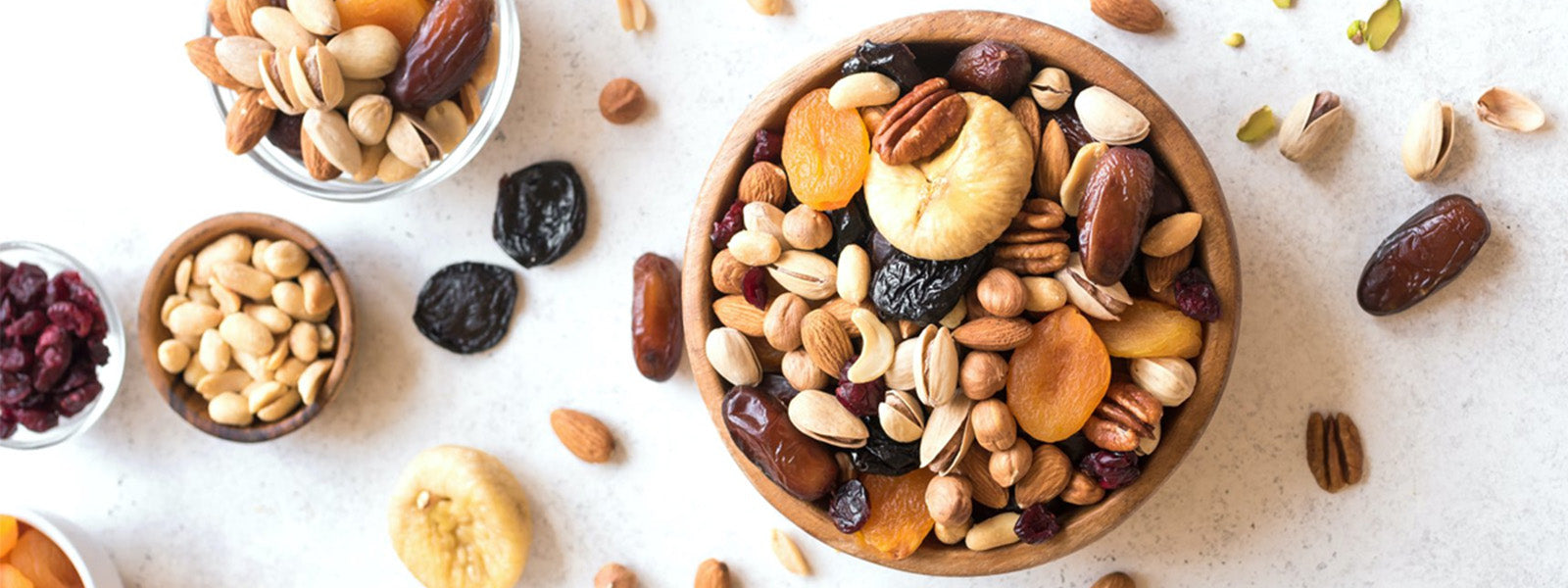
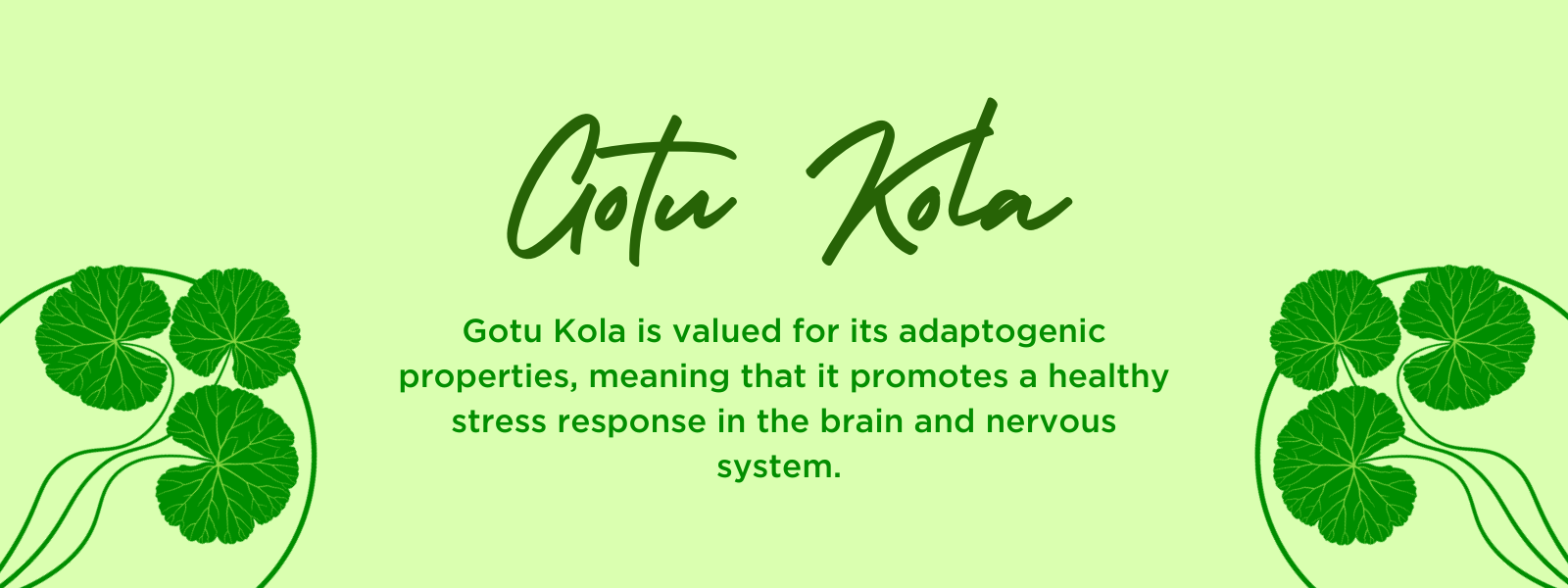
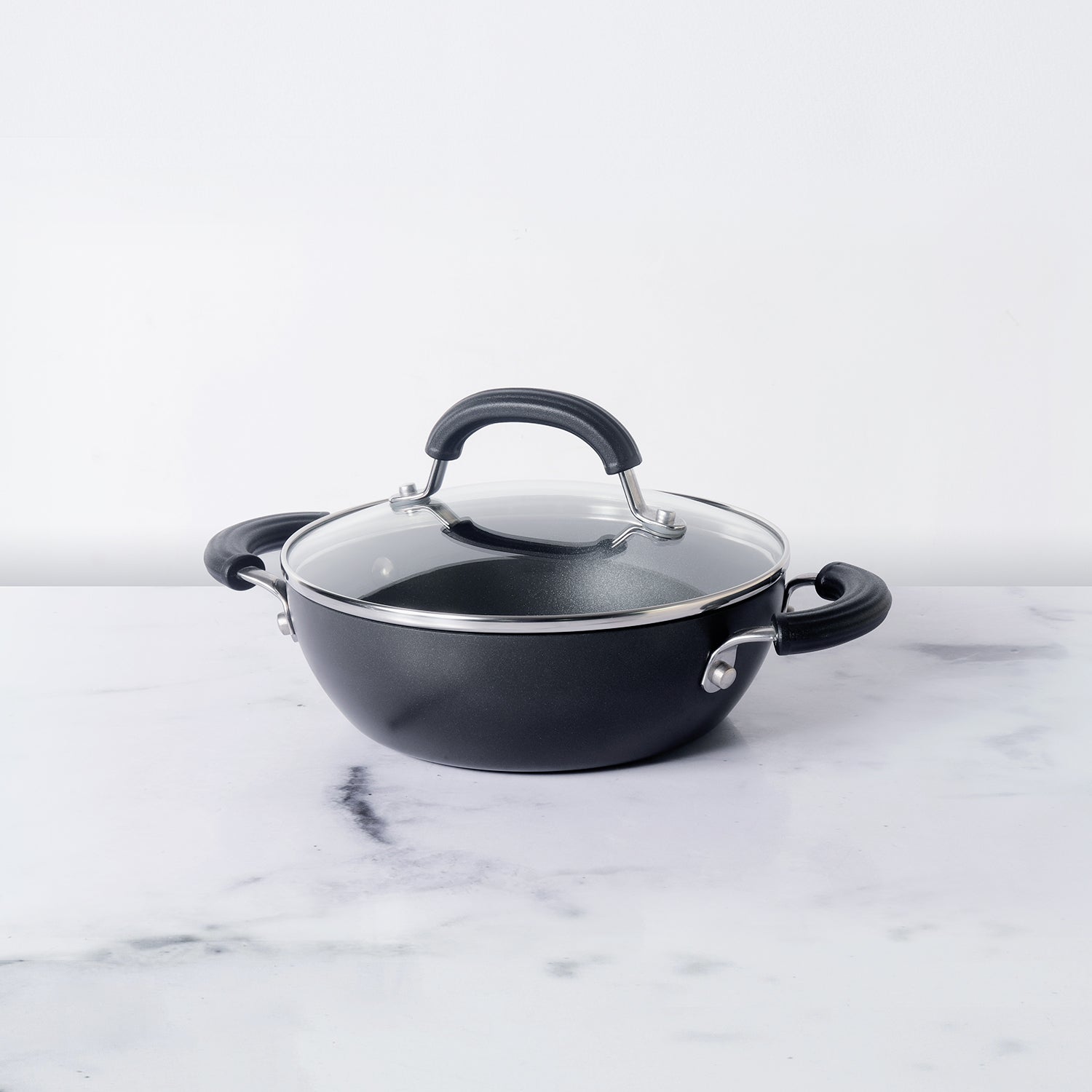
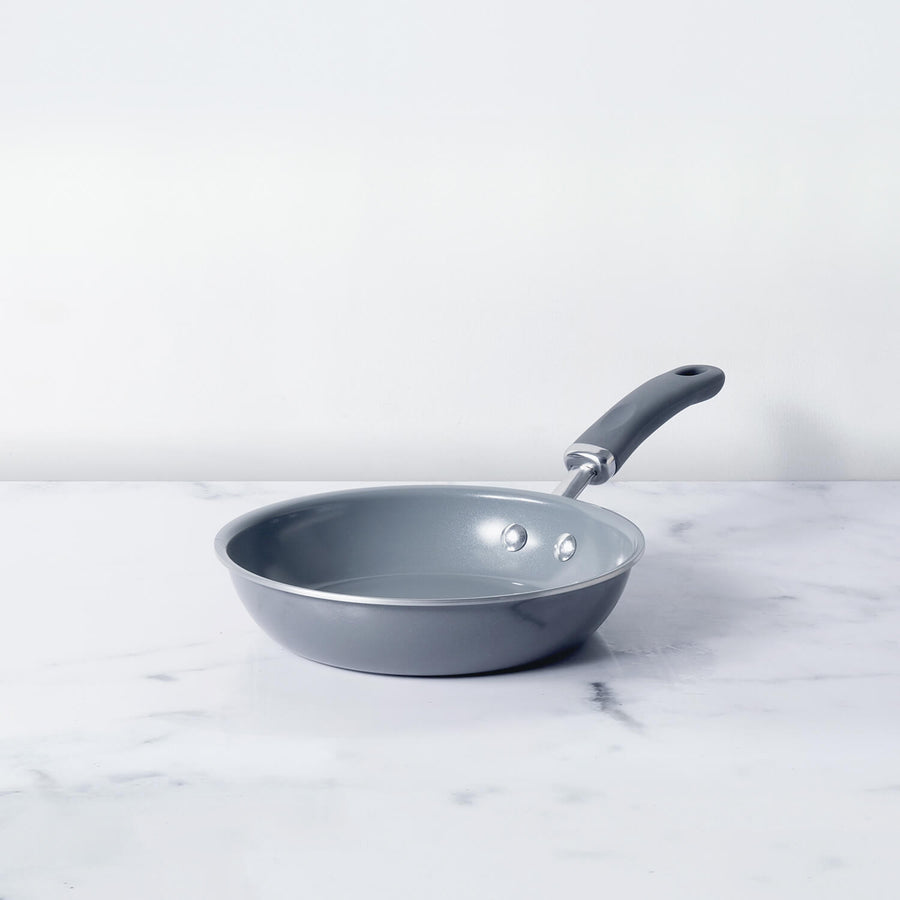




Great article! Thanks for spreading the good news about this amazing plant! I’ve used since I was a child and I give to my children as well for relief from congestion & asthma to avoid steroids and toxic medication. Grows very well in Central Florida with minimal care and will take over your garden if not tended to.
Leave a comment